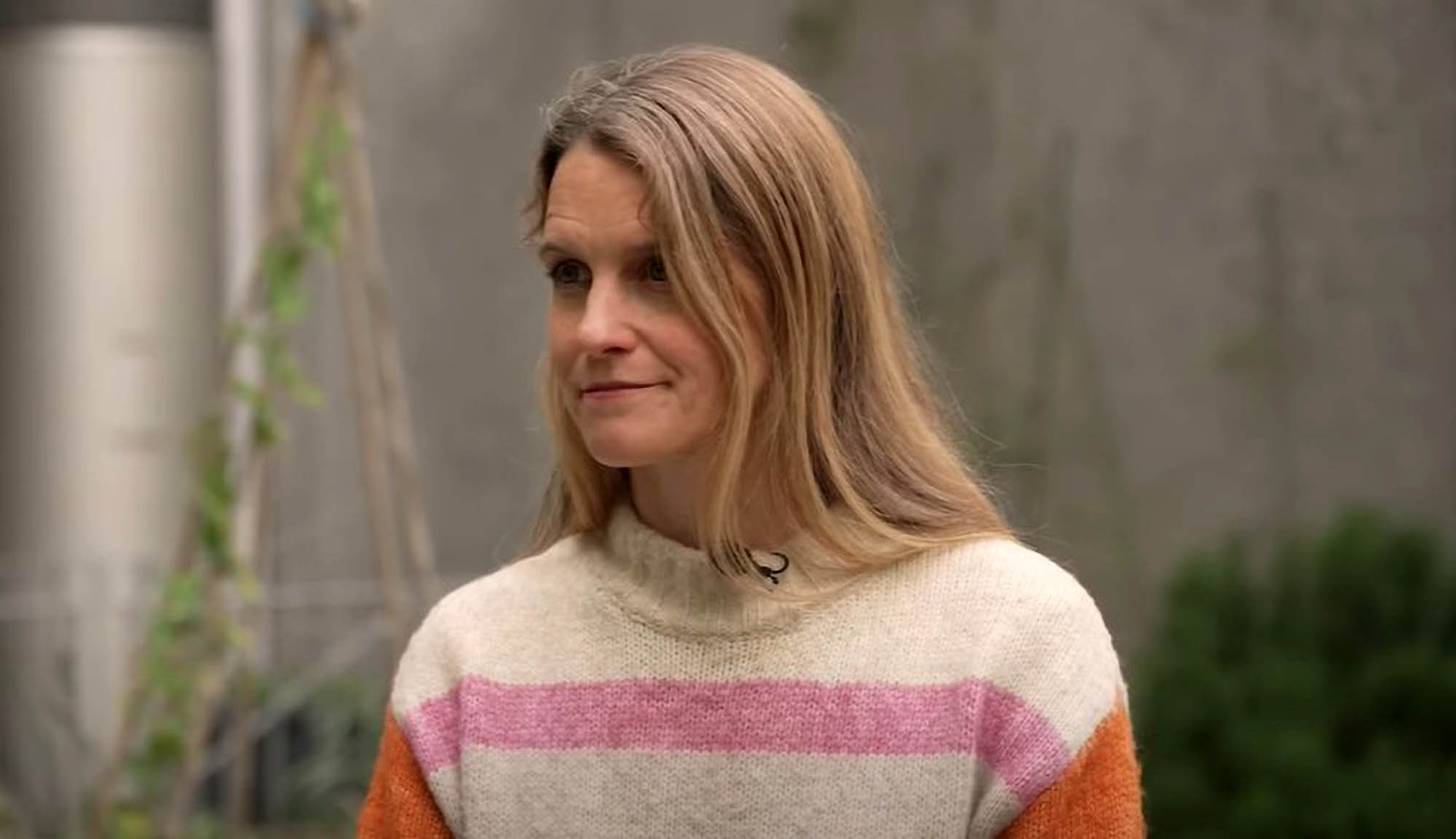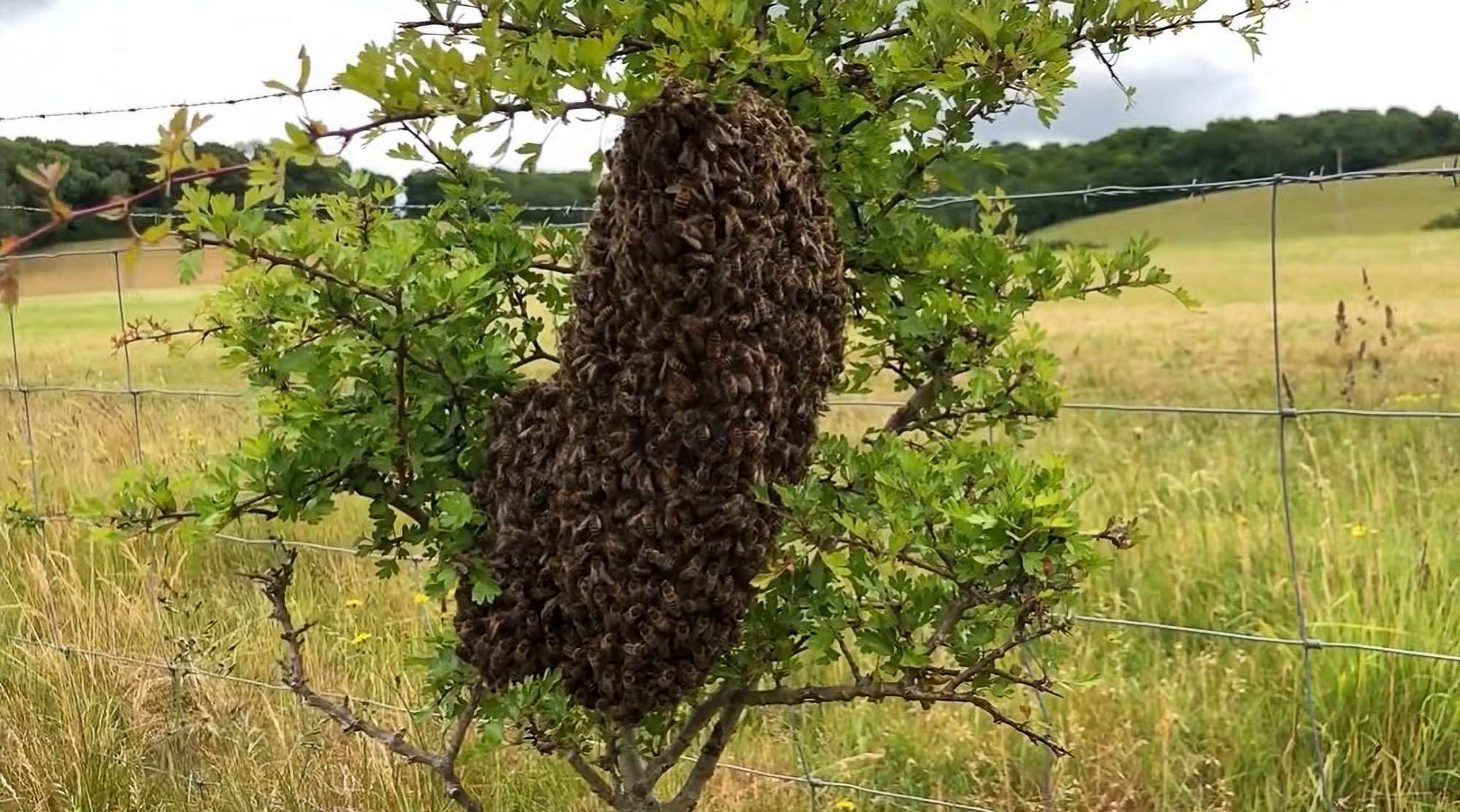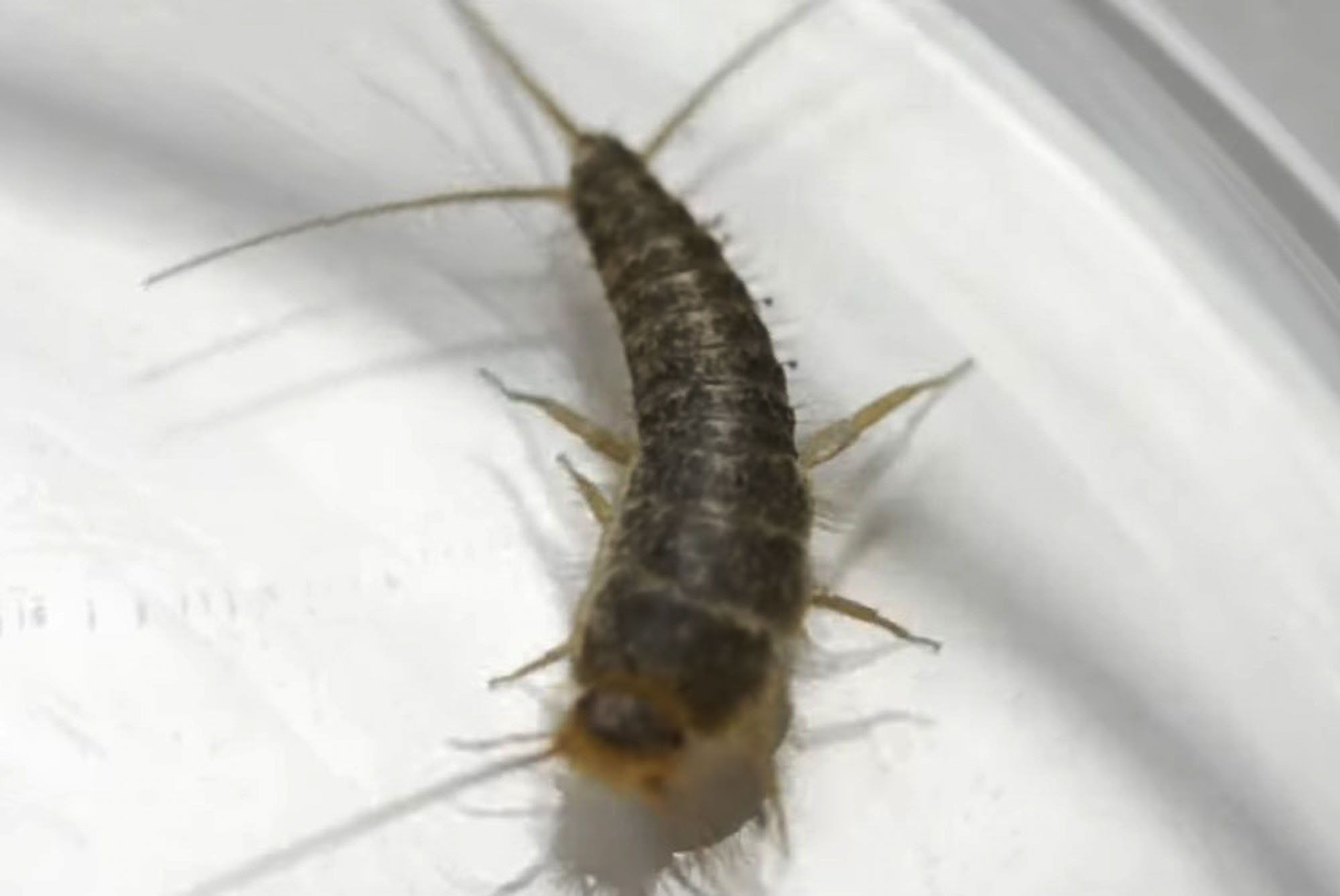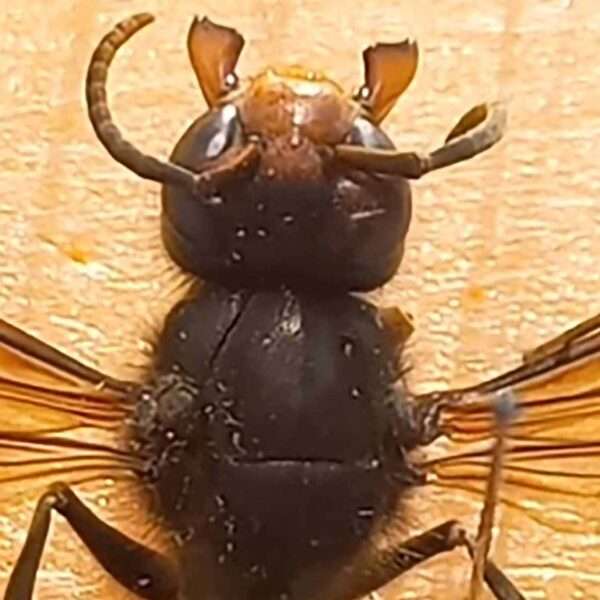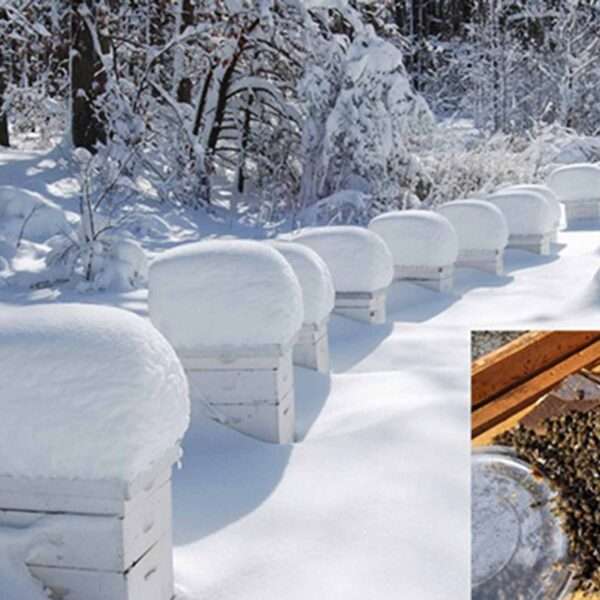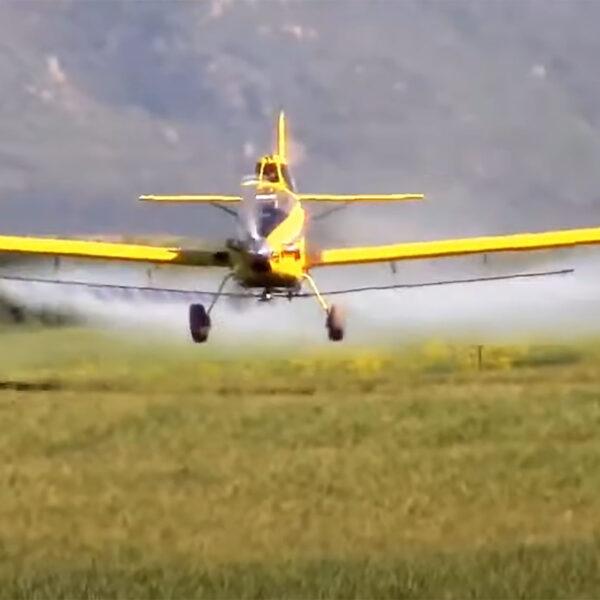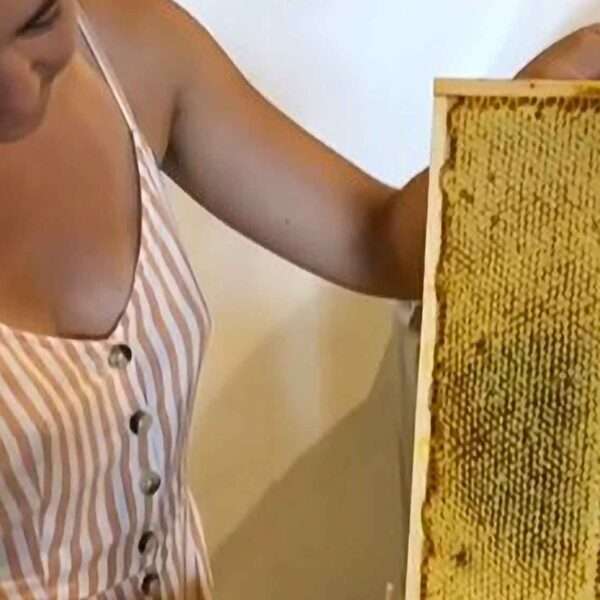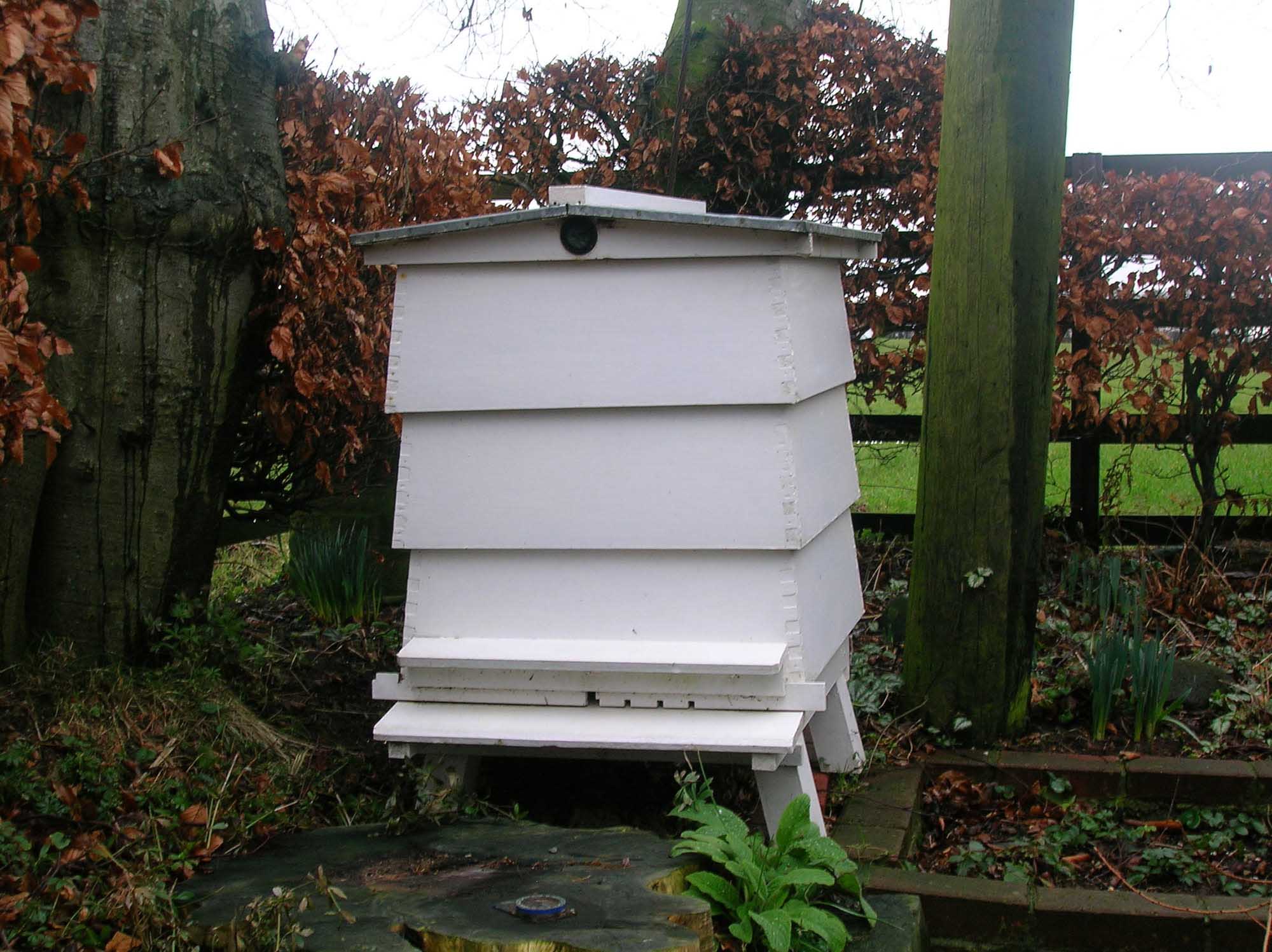Honeybee breeders should concentrate on protecting the pollinators against illnesses, a Swiss expert has warned.
Zürich-based science journalist Isabella Sedivy said she had “observed a dilemma” regarding the management of bees in Switzerland.
Isabella told news platform Zürich24: “Bigger colonies produce more honey. They are bred with a focus on being gentle. This gentleness results in a higher proneness to being sick.”
Isabella, who founded communication agency Plan Biodivers, added: “There is no focus on the robustness towards parasites and diseases.”
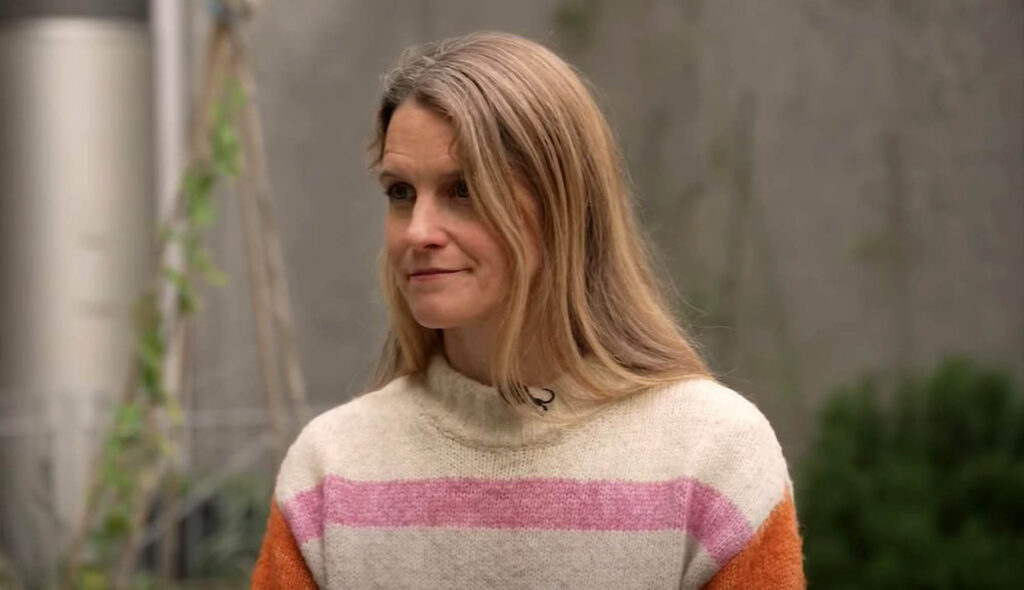
The Varroa mite, a parasite that weakens bee larvae and spreads viruses, is widely considered the biggest threat to honeybee colonies.
The former SRF journalist also claimed the pollinators’ natural tendency to swarm would be “suppressed.” Many people were wrongly assuming that honeybees were epitomising biodiversity, she added.
Isabella criticised: “Keeping dozens of colonies close to each other in bee sheds has nothing to do with the honeybee’s nature.”
She explained: “The extraordinarily high number of honeybees has become a burden for wild bees, even more so since beekeeping has moved from farms to residential areas and natural reserves.”
Asked to identify positive developments, Isabella mentioned the “rising appreciation” of wildlife and biodiversity among citizens and farmers.
Switzerland has 8.6 million inhabitants. Around 17,500 of them engage in apiculture.
While domesticated honeybees are kept in hives, solitary bees build their nests in deadwood as well as in cavities in the soil.
One honeybee colony features 10,000 to 15,000 in early spring, according to the Canadian Honey Council. The NGO explains in a fact sheet on beekeeping that, in summertime, a colony consists of 50,000 to 80,000 bees.
All pollinator species are of vital importance to the ecosystem.

